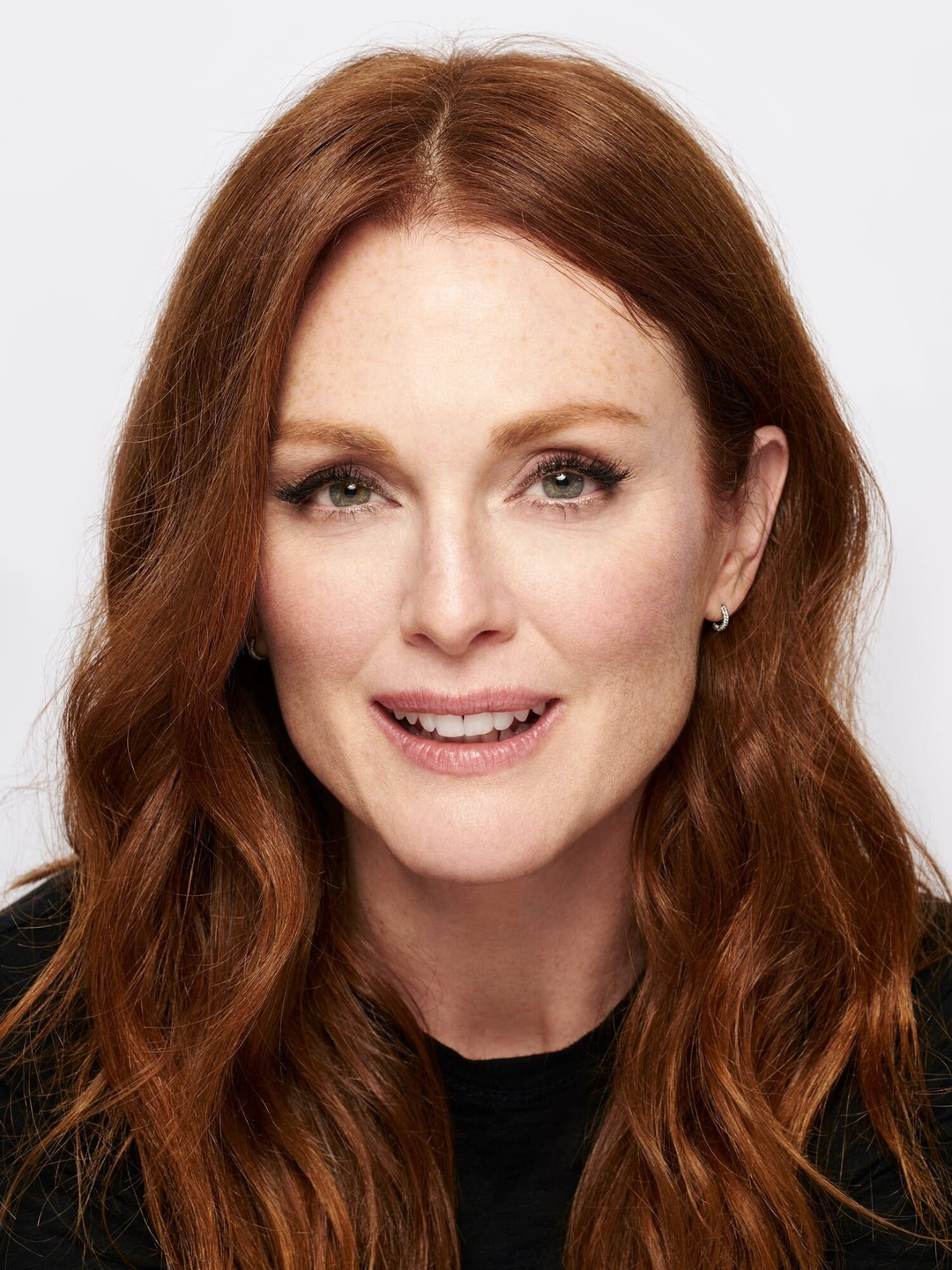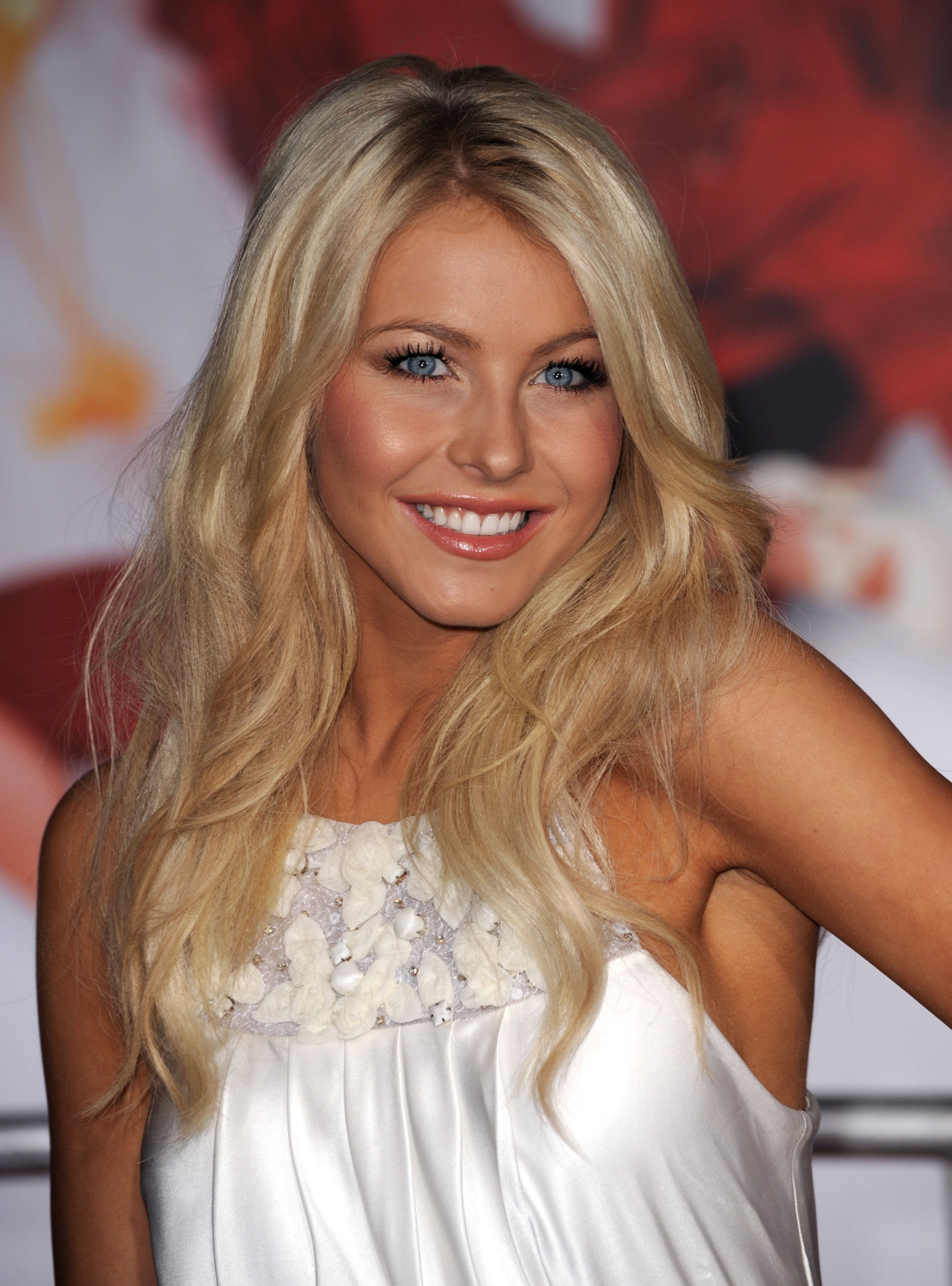Julianne Phillips - Public Glimpses And Perceptions
Table of Contents
- A Glimpse of Julianne Phillips – What We Hear
- How Does Public Perception Shape Views on Julianne Phillips?
- Performance and Presence – Julianne Phillips in the Spotlight
- What Makes a Performance Stand Out?
- Appearance and How It Is Talked About
- Is Physical Appearance a Factor for Public Figures like Julianne Phillips?
- Beyond the Stage – Personal Stories and Public Life
- What Challenges Do Public Figures Face?
When we think about people who are in the public eye, it is quite interesting how bits and pieces of information about them come to light. Sometimes, we hear just a little, perhaps a brief comment or an observation someone made. These small remarks, very often, paint a picture, however incomplete, of how a person is seen by others. It is almost as if each casual comment adds a tiny brushstroke to a larger portrait, a portrait that is constantly being shaped by public conversation and shared thoughts.
These glimpses, you know, can be about anything from someone’s work to their personal traits, or even just how they appear. It’s a pretty common thing for people to share their impressions, especially when it comes to well-known personalities. What’s truly fascinating is how these scattered observations, though seemingly minor, can contribute to the overall impression a person leaves on the general public. It’s not always about grand statements; sometimes, the smallest remarks hold a lot of weight in shaping how we perceive someone.
So, when we consider someone like Julianne Phillips, what bits of information do we actually come across? Our insights are drawn from various conversations, offering small, specific observations rather than a full, detailed account. These little notes give us a sort of peek into how she might be thought of, particularly concerning her presence and how her looks are viewed. It's a way, in some respects, to see how people connect with the idea of her, based on these brief mentions.
A Glimpse of Julianne Phillips – What We Hear
From the scattered remarks, we get just a few direct mentions of Julianne Phillips. One particular observation, for example, points to her appearance. Someone mentioned, quite specifically, that a person had a good deal of her facial characteristics, particularly her mouth and jaw. This comment went on to say that Julianne herself is a truly lovely woman, but those particular features, her mouth and jaw, they just don't quite seem to suit a man. It’s a very specific kind of observation, really, about how certain looks might translate, or not translate, from one person to another, especially across different individuals.
This kind of commentary, you know, tends to highlight how people often focus on physical traits when discussing public figures. It’s not just about what someone does, but also, in a way, about how they look. The comment suggests a general appreciation for Julianne's appearance, calling her a "lovely woman," which is a pleasant thing to hear. Yet, it also brings up the idea that certain features might be seen as more fitting for one gender over another, which is a common, perhaps even old-fashioned, way of thinking about looks. It’s pretty interesting how these small details become part of the general conversation around someone who is well-known.
We also hear another piece of information, a brief note about performance. It was said that "Julianne and Meghann were terrific." This remark, honestly, gives us a positive impression of Julianne’s work, suggesting that her contribution was quite good. However, the same comment also mentioned that "the writing was extremely uneven." This tells us that while the performers might have been excellent, there were some issues with the script or the material itself. It’s a bit like saying the actors did their best with what they were given, which is a good thing to acknowledge. This particular piece of feedback, essentially, separates the quality of the acting from the quality of the written material, which is a fair assessment in many creative projects.
How Does Public Perception Shape Views on Julianne Phillips?
Public perception, as a matter of fact, plays a very big part in how anyone, especially someone like Julianne Phillips, is seen. When people talk about someone's looks or their work, those comments, even if they are just small ones, start to build up a collective idea of that person. It's like each person's thoughts contribute to a shared understanding. For instance, if someone says Julianne is a "lovely woman," that positive sentiment, pretty much, adds to a generally good impression. It helps to create a kind of positive feeling around her name.
On the other hand, observations about specific features, like her mouth and jaw, and how they might not suit another person, show how detailed and sometimes critical public discussion can be. People often, you know, have very particular ideas about what looks "right" or "wrong," and they aren't shy about sharing those thoughts. This kind of commentary, in a way, highlights how much scrutiny public figures often face, right down to the smallest details of their appearance. It’s a constant process, really, of people forming and sharing their opinions, which then shapes the broader view.
Then there's the mention of her performance being "terrific." This kind of positive feedback is very helpful in building a good reputation for someone's professional abilities. It suggests that she puts in good work and that her efforts are appreciated. However, when the writing is called "uneven," it shows that even when individual contributions are strong, other elements can affect the overall outcome. This kind of nuanced view, essentially, means that public perception isn't always black and white; it can acknowledge both strengths and weaknesses, offering a more complete, if still limited, picture of someone's contributions.
Performance and Presence – Julianne Phillips in the Spotlight
When someone steps into the spotlight, whether it's on a screen or a stage, their presence becomes a significant part of how they are remembered. For Julianne Phillips, the comment that she was "terrific" alongside Meghann speaks volumes about her ability to deliver a strong performance. It means that she likely brought a good deal of skill and perhaps a certain captivating quality to her role. This kind of feedback, you know, is really what performers hope for, as it acknowledges their hard work and talent. It suggests that she truly made an impact, which is what good acting often does.
However, the note about the "extremely uneven" writing adds an important layer to this. It shows that even the most talented individuals can be limited by the material they are given. A good performer, basically, can elevate a role, but if the story or script itself has weaknesses, it can be a challenge to make the entire project shine. This observation, in a way, reminds us that a final product is often the result of many different parts working together, or sometimes, not working together as smoothly as one might hope. It's pretty common, actually, for people to separate the actor's skill from the overall quality of the production.
This kind of commentary also makes us think about the different aspects that contribute to a public figure's overall impact. It's not just about their personal qualities, but also about the specific projects they are involved in. The praise for Julianne's performance, for instance, suggests that she has a strong professional presence. It means that when she is doing her work, she is likely to be someone who stands out for good reasons. This focus on her performance, you know, helps us understand a bit more about her professional life, even if we only have these brief mentions to go on.
What Makes a Performance Stand Out?
What truly makes a performance stand out, you might wonder? Well, it often comes down to a few key things. For one, it's about bringing a character to life in a way that feels real and believable. When someone is described as "terrific," it suggests they managed to connect with the material and make it their own, even if the writing itself was a bit shaky. This means they likely conveyed emotions or ideas in a way that resonated with viewers. It’s a very personal thing, really, how an actor interprets a role and presents it to an audience.
Another aspect is the ability to maintain a strong presence, even when the surrounding elements are not perfect. The fact that Julianne's performance was noted as "terrific" despite "uneven" writing points to her skill in holding the audience's attention and delivering her lines with conviction. It’s almost like she was able to rise above the material, which is a sign of a truly capable performer. This ability to shine, frankly, even when things are not ideal, is a hallmark of someone who is truly good at what they do. It shows a certain level of professionalism and talent.
Ultimately, a standout performance often leaves a lasting impression. It's the kind of acting that people remember and talk about, even years later. The brief but positive mention of Julianne's work suggests she achieved this kind of memorable quality. It means that her efforts were not just good, but perhaps even captivating enough to be singled out. This kind of recognition, essentially, speaks to the power of a strong individual contribution within a larger creative endeavor. It’s pretty clear that her talent made a mark, despite any other issues with the project.
Appearance and How It Is Talked About
The way people talk about appearance, especially for public figures, is a pretty constant thing. We saw this with the comment about Julianne Phillips's features, specifically her mouth and jaw. Someone noted that another person had a lot of her face, and while Julianne is a "lovely woman," those particular features just "don’t work on a man." This kind of observation, you know, really shows how detailed and sometimes prescriptive public commentary on looks can be. It’s not just about general attractiveness, but about specific parts and how they might be perceived in different contexts.
This brings up the idea that there are often unspoken rules or expectations about what looks good on whom. The comment implies a certain standard, perhaps a traditional one, about how facial features are supposed to appear on men versus women. It’s a very common human tendency, honestly, to categorize and comment on physical traits. This kind of discussion, in a way, reflects broader societal ideas about beauty and gender. It’s almost like people have a mental checklist of what fits where, and when something deviates, it gets noticed and talked about.
Furthermore, the fact that such a specific observation about Julianne's features is made highlights the level of scrutiny that public figures often face. Every aspect of their appearance, basically, can become a topic of discussion, from their hair to their clothes, and even individual facial parts. It’s a constant public assessment, really, where people feel free to offer their opinions. This level of attention, pretty much, comes with being in the public eye, and it means that even small details can become subjects of conversation and judgment.
Is Physical Appearance a Factor for Public Figures like Julianne Phillips?
Is physical appearance, you might ask, truly a factor for public figures such as Julianne Phillips? Based on the comments we see, the answer is a clear yes. The observation about her facial features and how they might or might not suit another person shows just how much attention is paid to looks. For people in the public eye, their appearance is often part of their brand, their image, and how they are recognized. It’s a very visual world, after all, and how someone looks can certainly influence how they are perceived by the general public.
This isn't to say that appearance is the only thing that matters, but it definitely plays a role. Good looks can, in some respects, open doors or create an initial positive impression. However, the commentary also shows that even when someone is considered "lovely," specific features can still be singled out for discussion or critique. This means that public figures are often under constant evaluation, not just for their talents or accomplishments, but also for their physical attributes. It’s a bit like being under a microscope, where every detail is examined.
Ultimately, while talent and skill are incredibly important, appearance often acts as a kind of first impression, and it continues to be a subject of public conversation. For someone like Julianne Phillips, the fact that her looks are mentioned, even in a very specific way, confirms that it is indeed a factor in how she is perceived. It’s pretty clear that people talk about it, and those discussions contribute to the overall picture of a public person. This kind of ongoing commentary, essentially, is just part of being a well-known individual in the modern world.
Beyond the Stage – Personal Stories and Public Life
Beyond the bright lights and public performances, there are often personal stories and experiences that shape public figures. While we have very limited specific details about Julianne Phillips's personal life from the text, the broader context of the provided comments touches on themes that many public figures encounter. For example, there's a mention of someone having dementia, with "good days and bad days." This, you know, highlights the reality of personal struggles that can affect anyone, including those in the public eye or their families. It’s a very human experience, really, dealing with such health challenges.
The text also mentions someone getting "off drugs" and losing a lot of weight, leading to them "functioning" better. This speaks to the very real issues of personal recovery and overcoming difficulties. While not directly about Julianne Phillips, these kinds of stories, essentially, remind us that public figures are also just people, facing their own battles and triumphs behind the scenes. It’s pretty common, actually, for people to go through tough times, and sometimes, those stories become public knowledge, offering a glimpse into their resilience.
There are also mentions of family dynamics, like a "father also had dementia," and complex relationships, such as a "wife of the rapist was separated from him and living hundreds of miles away." These details, while not tied to Julianne Phillips, illustrate the intricate and sometimes difficult personal lives that exist for people, whether they are famous or not. It’s almost like a quiet reminder that everyone has a story, with its own set of challenges and complexities, regardless of their public persona. These kinds of personal experiences, frankly, are a universal part of the human condition.
What Challenges Do Public Figures Face?
What challenges, you might ask, do public figures truly face? Well, one of the biggest ones is the constant scrutiny. As we saw with the comments about Julianne Phillips's appearance, every little detail can be picked apart and discussed by the public. This means that there's often very little privacy, and personal lives can become subjects of widespread conversation. It's a bit like living in a glass house, where everyone can see in, and that can be pretty tough to deal with, you know, on a daily basis.
Another challenge is the pressure to always perform and meet expectations, even when personal difficulties arise. The mention of "good days and bad days" for someone with dementia, for instance, shows that life doesn't stop just because someone is famous. Public figures, essentially, have to manage their professional responsibilities while also dealing with personal issues, which can be a very heavy burden. It’s pretty clear that maintaining a public persona while going through private struggles requires a lot of strength and resilience.
Finally, there's the challenge of navigating public perception itself, which can be shaped by limited information or even misunderstandings. The text touches on how performances are judged and how personal stories, like overcoming addiction, can become part of a person's narrative. Public figures often have to contend with how they are portrayed in the media and in general conversation, which isn't always accurate or fair. This constant balancing act, in a way, between their true selves and their public image, is a significant part of what they deal with every single day.

Julianne Moore biography, age, net worth, young, husband. daugther

Julianne Hough Wallpapers Images Photos Pictures Backgrounds

JULIANNE HOUGH at America’s Got Talent Season 14 Live Show in Los